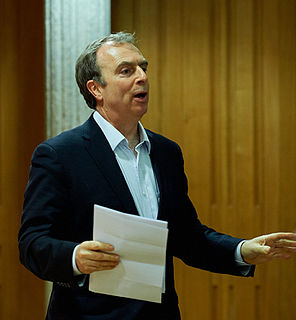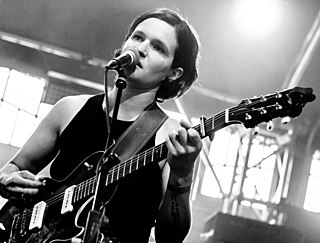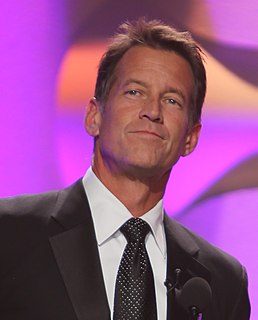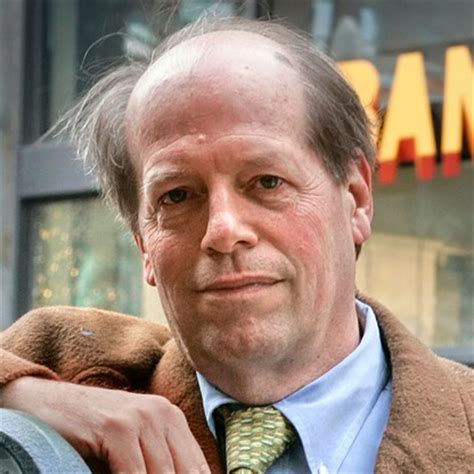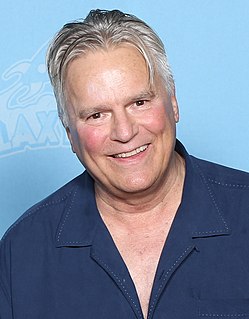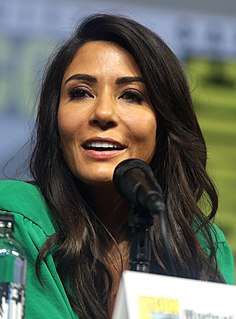A Quote by Michael J. Knowles
Death, disease, and divorce affect wealthy suburbs as well as the inner city.
Related Quotes
I grew up in the D.C. suburbs, and what I like about that place is that there's not a strong regional affect in the cultural imagination like there is in Dallas or San Francisco or New York City. You have a little more freedom as a novelist this way. The suburbs become a generic idea, and the place doesn't intrude into the narrative.
There's no reason why children in inner cities or rural areas do not receive the same quality education or opportunities as those in suburbs or wealthy neighborhoods. If we truly believe in giving all citizens a chance to pursue happiness and pursue their goals, then we cannot continue to marginalize entire groups of people.
Everywhere - all over Africa and South America - you see these suburbs springing up. They represent the optimum of what people want. There's a certain sort of logic leading towards these immaculate suburbs. And they're terrifying, because they are the death of the soul. This is the prison this planet is being turned into.




